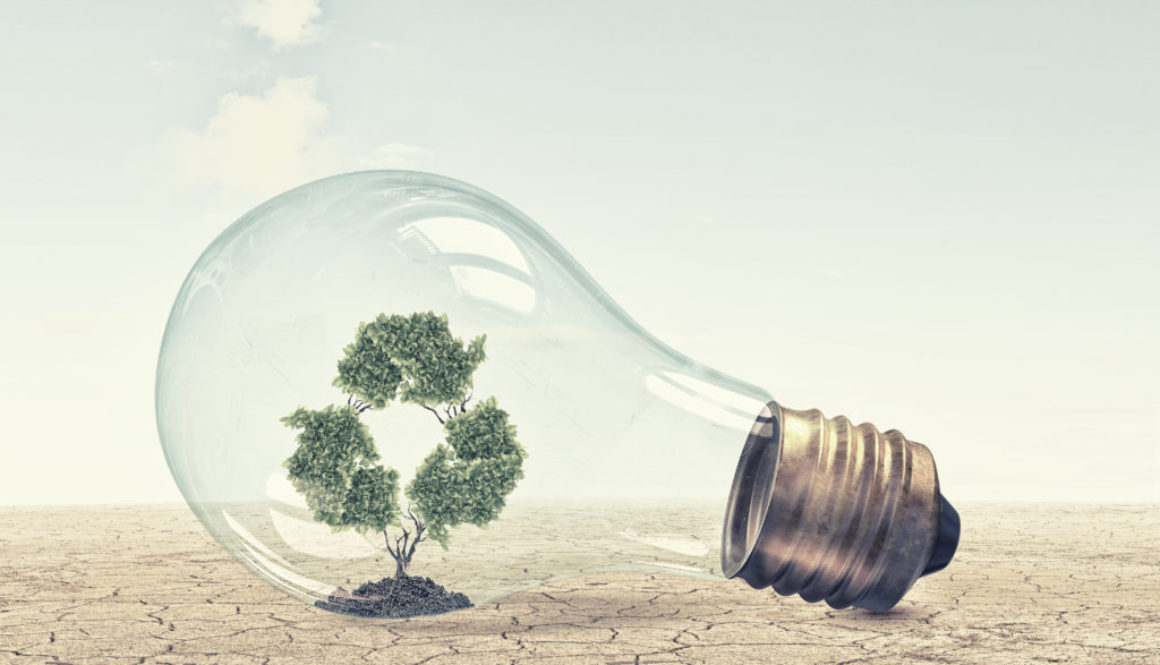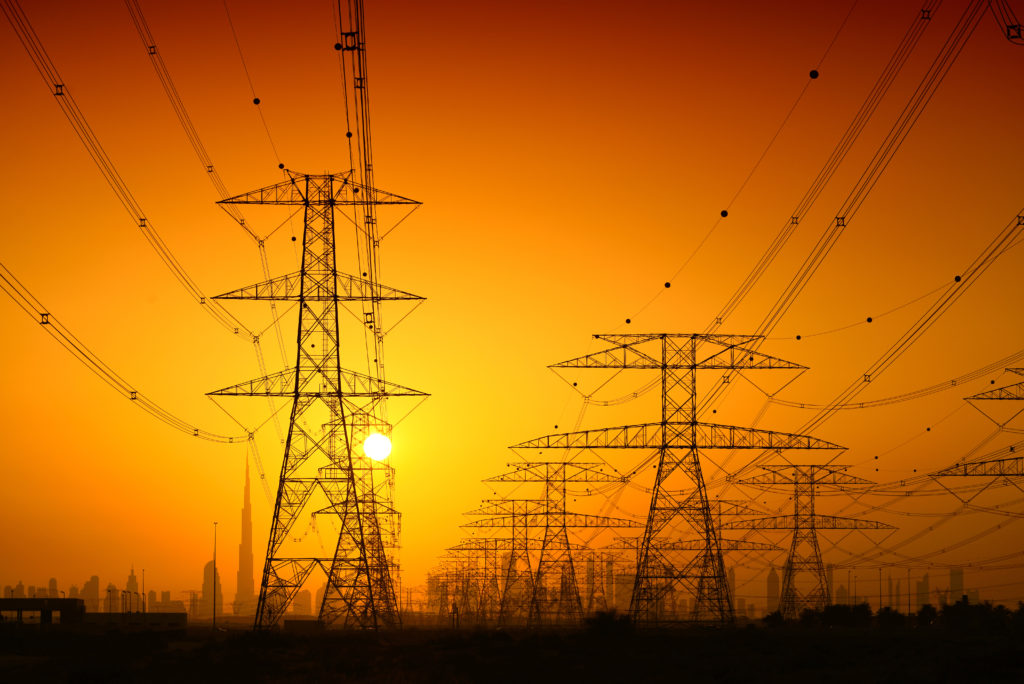6 ways to increase use of renewable energy in Africa
Life is energy. From cells functionality and plants photosynthetic activity up to all the modern electric networks that we have nowadays. Currently, our energy use is based on fossil fuels, which have allowed us to boost our economy and improve our lifestyle. However, as any technology, its use have some consequences, which in this case are related to environment degradation and climate change.
Also, not everybody has access to this type of energy. Around 16% of the world’s populations have no access to electricity and many more have very poor access to it*. Most of these populations are rural and are located in Sub-Saharan Africa, where people have to struggle every day with issues that would never pop into our heads as a problem in our daily lives. From not having electricity in hospitals at night to not having access to entertainment or just fewer hours to be productive at work and study.
All these put us in a crossroad, where we have to play smart if we want to overcome such social, environmental and, in a very close future, economic issues. So, how can clean energy be increased in Africa? And what can we do if we are living in the UK to promote it?
It’s more and more accessible every day!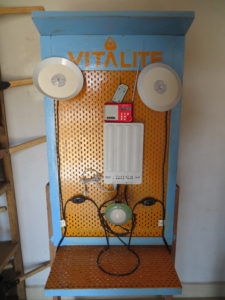
Renewable energies are becoming more affordable and easy to install at a small scale. It is an excellent solution for lighting hospitals or put irrigation systems to work in rural communities. Even though there are still some limitations, like no sunlight at night or no-wind days, these clean tech options are a powerful tool to improve people’s quality of life. Besides, new technologies are arising and, for example, solutions for storage problems are not so far from becoming reality.
Solving the problem at household level is crucial in rural areas
Millions of homes across Africa have to spend money on kerosene every day for lighting. This can be a struggle when there is not enough money to buy food and the decision between one or another has to be made, besides being extremely harmful to health. Also, in some cities, the people that have access to energy find it too expensive compared to what they get. Therefore, solar panels have been a sustainable solution for households of different economic levels. An example of this is the work that Translight Solar and Sunny Money are doing in different African communities. At the end, providing alternatives to families is a good way to start and to offer solutions, before scaling to a country level.
There is no single energy solution
Fortunately, in our planet, energy abounds. From watercourses and the wind to sun and radioactivity. All of them are energy manifestations. Therefore, there is no such thing as an only one energy solution, all of them are needed to reach a sustainable supply and to solve the energy problems that many African countries face.
Not copying the Western model
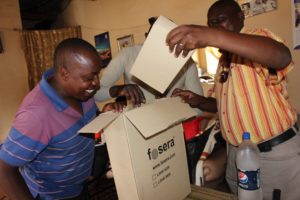 African countries have a big opportunity: follow their own energy strategy, use and access path. Not easy, that’s true, but it’s not impossible. Policymakers need to enable and facilitate the conditions for renewable energies to be competitive compared to fossil fuels options, as well as to promote competition among such companies to improve their quality and protect costumers. Also, making this new technology accessible for rural communities can be one of many solutions to increase their livelihoods levels. An example of this is Vitalite in Zambia, where they’re making solar energy accessible to people with a pay-as-you-go strategy, which adapts to Zambians needs and culture.
African countries have a big opportunity: follow their own energy strategy, use and access path. Not easy, that’s true, but it’s not impossible. Policymakers need to enable and facilitate the conditions for renewable energies to be competitive compared to fossil fuels options, as well as to promote competition among such companies to improve their quality and protect costumers. Also, making this new technology accessible for rural communities can be one of many solutions to increase their livelihoods levels. An example of this is Vitalite in Zambia, where they’re making solar energy accessible to people with a pay-as-you-go strategy, which adapts to Zambians needs and culture.
There is a lot of work to do
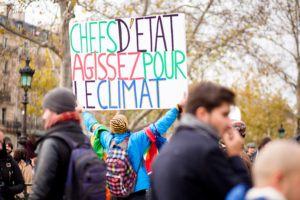 Not just in Africa, but also in the UK. As citizens, we have the right and the duty to request from our governments’ cleaner energy strategies, better political platforms to increase investment and promote its use amongst the society. At the end, it’s also our responsibility to have a more sustainable economy and reduce our carbon footprint.
Not just in Africa, but also in the UK. As citizens, we have the right and the duty to request from our governments’ cleaner energy strategies, better political platforms to increase investment and promote its use amongst the society. At the end, it’s also our responsibility to have a more sustainable economy and reduce our carbon footprint.
Join Challenges Worldwide
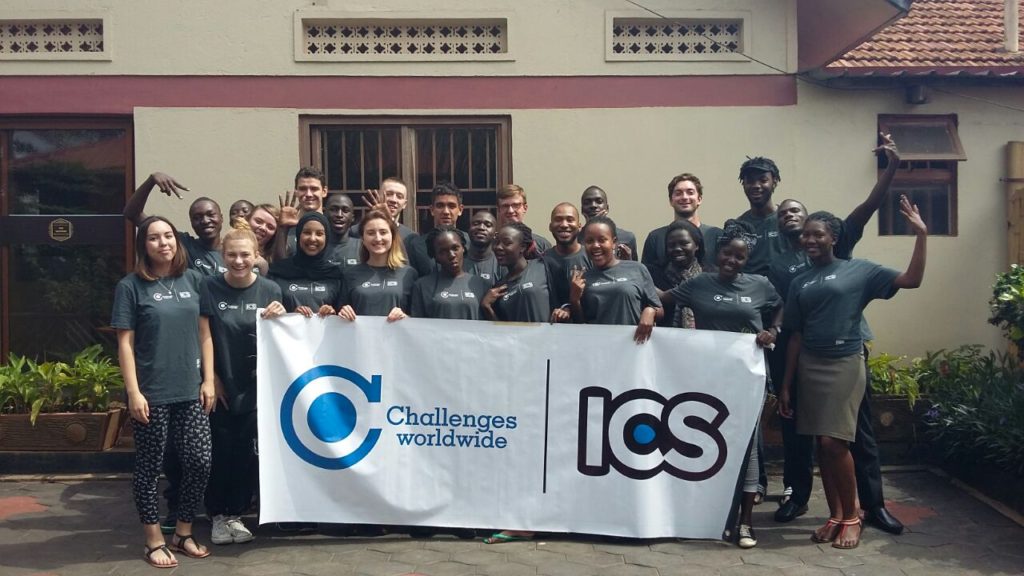 Finally, you can also be part of promoting clean energy in some African countries. You can take part in our International Citizen Service Volunteer programme and join the likes of David Burch, Nicola Abbott and Helen Wright in becoming part of a movement of active participants in sustainable change.
Finally, you can also be part of promoting clean energy in some African countries. You can take part in our International Citizen Service Volunteer programme and join the likes of David Burch, Nicola Abbott and Helen Wright in becoming part of a movement of active participants in sustainable change.
Through our programme, you may have the opportunity to work with environmental friendly enterprises and make a small-scale change that will sooner than later have a bigger impact.
We still have challenges, but we need people like you to find the solutions worldwide. Apply now!
References
*http://www.worldenergyoutlook.org/resources/energydevelopment/energyaccessdatabase/
By Mariana Cover

